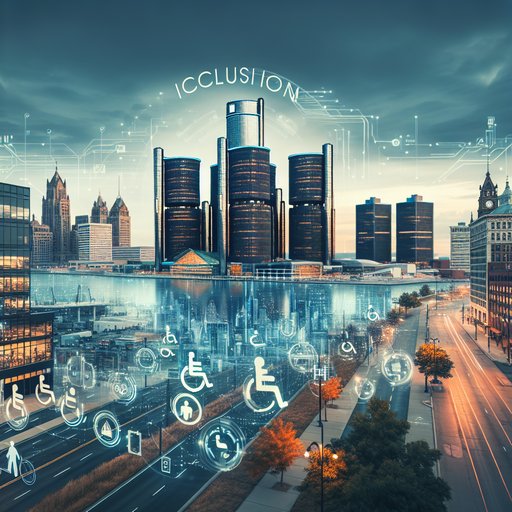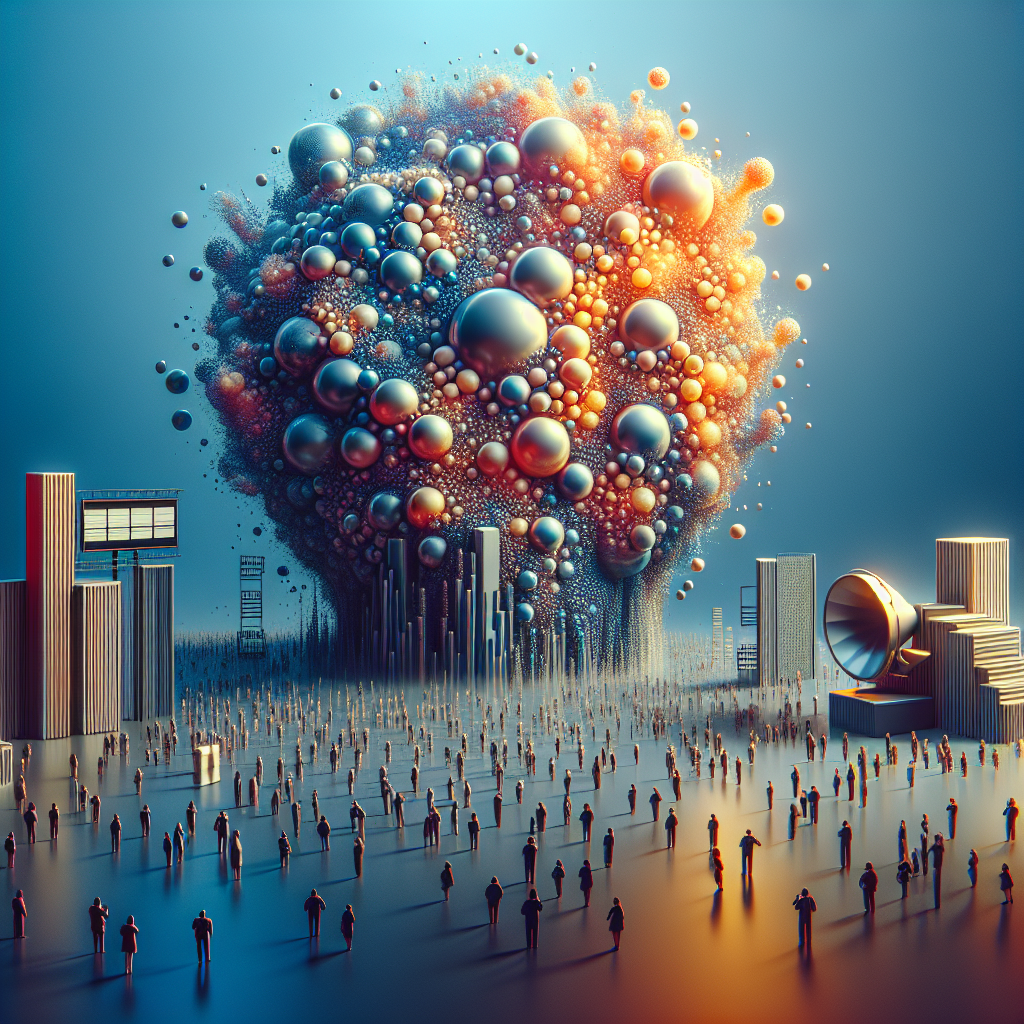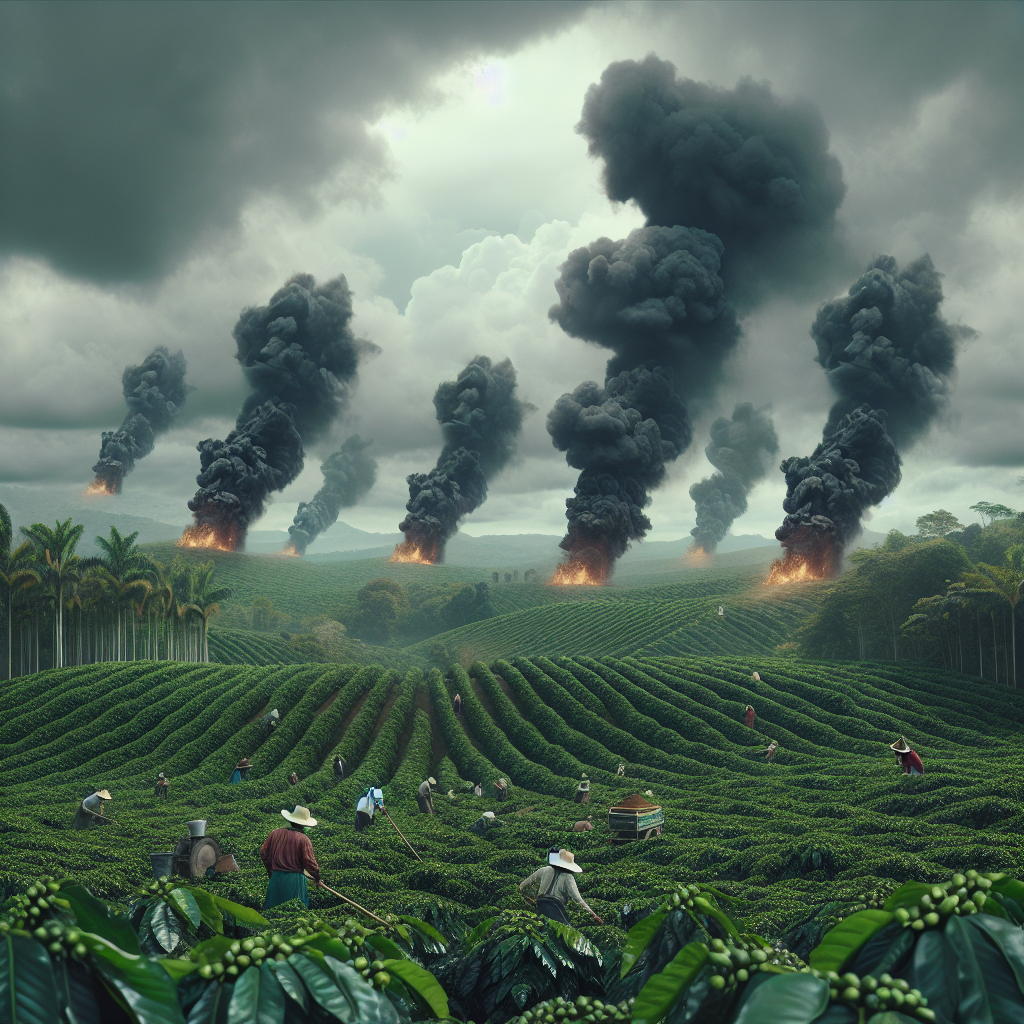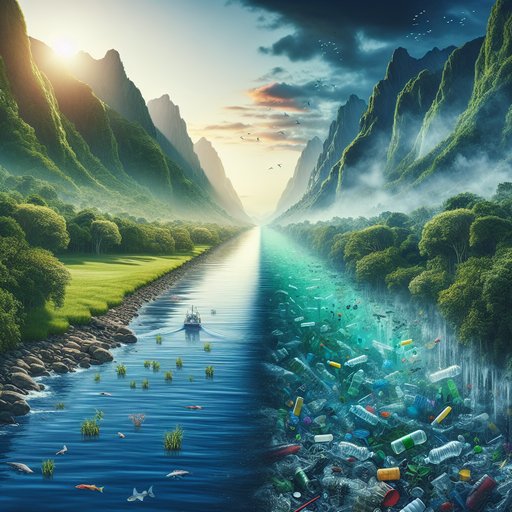- Details
- Written by: Valenenzia Gruelle

Apple's announcement of a two-day Manufacturing Academy in Detroit next month [2] has been met with enthusiasm by industry insiders eager for a glimpse into the future of tech-driven production. Yet beyond the gleaming machinery and high-tech processes, this event raises crucial questions about how smart-city innovations can empower or exclude those who are mobility-challenged, particularly the elderly. As urban landscapes become increasingly digital, it is imperative to consider who benefits and who gets left behind.
- Details
- Written by: Anne Wienbloch

The Runway AI Film Festival, featuring finalists displayed on IMAX screens nationwide, has sparked a discussion not just about the potential of AI in filmmaking, but about the deeper implications of financial speculation in the arts. As AI-generated content gains market traction, it raises questions about whether such works truly enrich our cultural landscape or merely inflate market bubbles.
- Details
- Written by: HuddleWorld

As Colombia is already passed the peak of its traditional fire season, which typically runs from January through March during the country's dry period, the threat continues. Coffee farmers across the nation brace for another potentially devastating year. While comprehensive data for 2025 fires is still being compiled, early indicators suggest that the extreme conditions that made 2024 such a catastrophic year for wildfires persist. Colombia's fire season coincides precisely with critical periods in coffee cultivation, making the timing particularly devastating for the 560,000 families who depend on coffee production for their livelihoods.
- Details
- Written by: Bob Fratenni

In the latest Weekly Climate and Energy News Roundup, the pressing issues of our environmental crises are laid bare. From the ongoing debate over deep-sea mining to the relentless exploitation of public lands, these headlines reflect a broader cultural malaise: our inability to see beyond immediate gain. Rivers, once the lifeblood of civilizations and carriers of myths and legends, are now conduits for microplastics that infiltrate ecosystems and threaten the unborn. This transformation from myth-laden waterways to polluted channels underscores a profound cultural shift. We have become a society that disposes of everything, blind to the fact that in doing so, we dispose of ourselves. Yet, amid the disheartening news, there are glimmers of hope. Europe’s revival of deposit-return schemes for plastics hints at a possible cultural and ecological detox. If we can scale these initiatives globally, we might allow rivers—and ourselves—to tell cleaner, more sustainable stories again.



























































